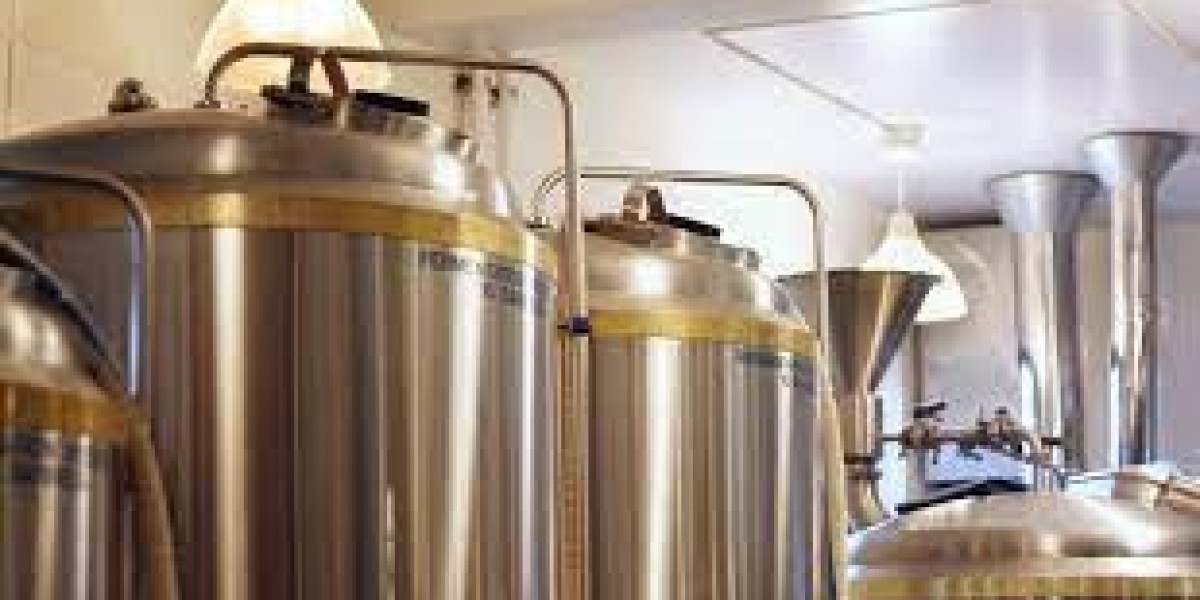In an era where environmental consciousness is on the rise, the importance of carbon dioxide (CO2) cylinders is becoming increasingly evident. While the traditional use of CO2 cylinders may be associated with carbonation in soft drinks and the medical field, their applications have expanded far beyond. Investing in CO2 cylinders can offer a range of benefits, both economically and ecologically. This article will explore five compelling reasons to consider investing in CO2 cylinders.
Sustainable Beverage Carbonation
Carbonating beverages like soda and beer are one of the most well-known uses of CO2 cylinders. If you get CO2 cylinders, you can contribute to sustainable beverage production. Carbon dioxide is captured from various industrial processes, preventing it from being released into the atmosphere as a greenhouse gas.
This recycled CO2 can then be used to carbonate beverages, reducing the need for additional emissions in the production process. If you get CO2 cylinders, you support an eco-friendly carbonation approach.
Additionally, it's worth noting that this sustainable approach can have far-reaching benefits for the beverage industry as a whole. As consumers become more environmentally conscious, companies that adopt eco-friendly practices like using recycled CO2 for carbonation can enjoy a competitive advantage. This can lead to increased sales and brand loyalty, making CO2 cylinders a wise choice for sustainability and business growth.
Enhanced Plant Growth
Investing in CO2 cylinders can also benefit agriculture and horticulture. Carbon dioxide is a key component of photosynthesis, the process by which plants convert light energy into chemical energy, ultimately leading to their growth. Enriching the air in greenhouses or indoor plant environments with CO2 can significantly enhance plant growth and yield. This not only boosts agricultural productivity but can also help meet the growing demand for sustainable food production.
There has been a growing focus on sustainable and localised food production in recent years. Greenhouses and vertical farming systems, where CO2 cylinders are often used, have gained popularity as they allow year-round crop cultivation with reduced environmental impact. By investing in CO2 cylinders for these purposes, you contribute to your own agricultural success and the broader goal of sustainable food production and reduced reliance on long-distance food transportation.
Fire Suppression Systems
Safety is paramount in both residential and commercial settings. CO2 cylinders are an integral part of fire suppression systems. When a fire is detected, CO2 is released into the affected area, displacing oxygen and extinguishing the flames.
This rapid and effective fire suppression method can save lives and protect valuable assets. Investing in CO2 cylinders for fire suppression is an investment in safety and peace of mind.
Moreover, as the world faces increasing climate change challenges, wildfires and extreme weather events are on the rise. In regions prone to such disasters, having robust fire suppression systems powered by CO2 cylinders is a safety measure and a means of protecting communities and ecosystems. This underscores the importance of investing in advanced fire suppression technologies that rely on CO2 cylinders for rapid and efficient fire control.
Medical Applications
CO2 cylinders play a critical role in the medical field. They are used in various medical procedures, including laparoscopic surgery and cryotherapy. In laparoscopy, carbon dioxide inflates the abdominal cavity, providing better visibility for surgeons and reducing the risk of complications.
Cryotherapy, on the other hand, uses CO2 to freeze and remove abnormal tissue. Investing in CO2 cylinders ensures that these essential medical procedures can be performed safely and effectively.
Furthermore, the ongoing advancements in medical technology are expanding the applications of CO2 cylinders in healthcare. For instance, CO2 cylinders are used in devices like portable ventilators and oxygen concentrators in respiratory care. These devices are critical in providing life-saving support to patients with respiratory conditions. Investing in high-quality CO2 cylinders for medical applications is an investment in improving healthcare infrastructure and patient outcomes.
Industrial Processes and Welding
Many industrial processes rely on CO2 cylinders. For instance, in the manufacturing sector, CO2 is used in welding operations. Carbon dioxide welding, or MIG welding, is a popular metal joining method.
It provides a stable and efficient welding process, making it essential in industries that require precision and durability. Investing in CO2 cylinders for industrial applications can improve production efficiency and product quality.
Additionally, as industries worldwide strive to meet stricter emissions regulations, there is a growing emphasis on clean and efficient manufacturing processes. CO2 cylinders can play a role in achieving these goals. In applications like CO2 capture and storage (CCS), which is crucial for reducing industrial emissions, CO2 cylinders are indispensable. By investing in CCS technologies that utilise CO2 cylinders, companies can reduce their environmental footprint and position themselves as leaders in sustainability.
Conclusion
CO2 cylinders have become indispensable in various sectors, from beverage production to agriculture, safety, medicine, and industry. Investing in CO2 cylinders brings economic advantages and contributes to sustainability and safety.
As we face environmental challenges, adopting eco-friendly practices and technologies, such as CO2 cylinders, becomes increasingly important. So, whether you are a business owner, farmer, medical professional, or industrialist, considering the benefits of CO2 cylinders can be a wise decision for your operations and the planet.








